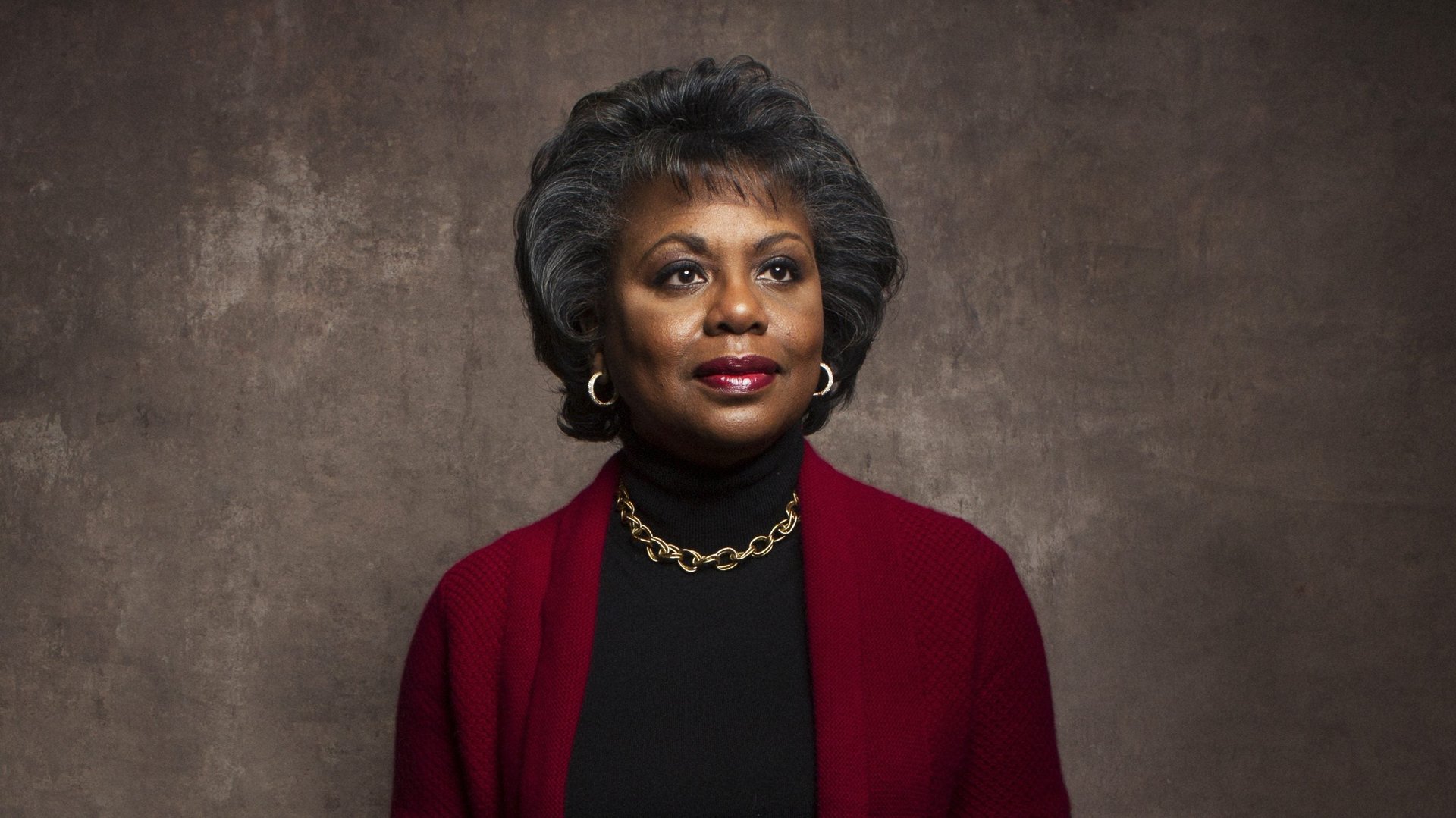Anita Hill says fixing the pay gap in Silicon Valley won’t solve gender inequality
Years before dozens of women accused Harvey Weinstein, media leaders, and Silicon Valley investors of sexual misconduct, shedding light on the culture of harassment and assault in Hollywood and beyond, an African American woman famously had the bravery to speak up, alone, against a powerful predator. And she did it in front of a US Senate commission.


Years before dozens of women accused Harvey Weinstein, media leaders, and Silicon Valley investors of sexual misconduct, shedding light on the culture of harassment and assault in Hollywood and beyond, an African American woman famously had the bravery to speak up, alone, against a powerful predator. And she did it in front of a US Senate commission.
In 1991, attorney Anita Hill testified against circuit judge Clarence Thomas, who had been nominated to the Supreme Court by then-president George Bush, saying Thomas sexually harassed her when she was working for him at the Department of Education. Hill’s testimony was contested, but she stood by her claims, even accepting to take a polygraph test. Thomas was eventually confirmed on the court, but Hill’s courage changed history for American women:
Only a year later, reports of workplace harassment made to the Equal Employment Opportunity Commission were up 50%, and laws were changed to allow women to obtain damages from the federal government in harassment cases.
On Monday (Oct. 30), Hill—now an attorney and an academic—returned to her alma mater Yale University (where she studied law) to talk about gender equality in the workplace. She discussed Weinstein, the tech industry, the role of the law in granting equality, and her disappointment at the pervasiveness of discrimination in Silicon Valley. “Is this the way the future is going to be?” she asked at one point.
Hill argued that the current conversation is too focused on the elite alone to bring about substantial change. “I think what we have to understand is that Silicon Valley is almost the laboratory of a community,” Hill said. When we think of Silicon Valley, she explained, “we think of…really highly educated computer scientists, or maybe MBA graduates from Harvard who are…running these industries.” We don’t pay attention to the galaxy that rotates around those high-level positions.
It’s important to ensure there is equality at a place like Google, but, Hill said, “we need to be also concerned about the salary and pay of the other people… the people who take care of the children of the people who work at Google,” for example. She also highlighted the plight of teachers: “while the tech industry is booming their salaries aren’t booming,” Hill said, “and so they can’t even live in their communities.” The pay gap here isn’t so much about male vs. female teachers and child-caretakers as it is the more structural gap between these sorts of predominantly female jobs compared to the male-dominated tech jobs that set the income standards in these communities.
I think we need to start looking at gender equality and inequality not just from a thin slice of the economy,” Hill said. “We put the tech industry out there as an example of economic success, we need to be asking the question ‘economic success for who?’—even if we get equality for the women who work in the c-suite, is that going to filter into the rest of the community?”